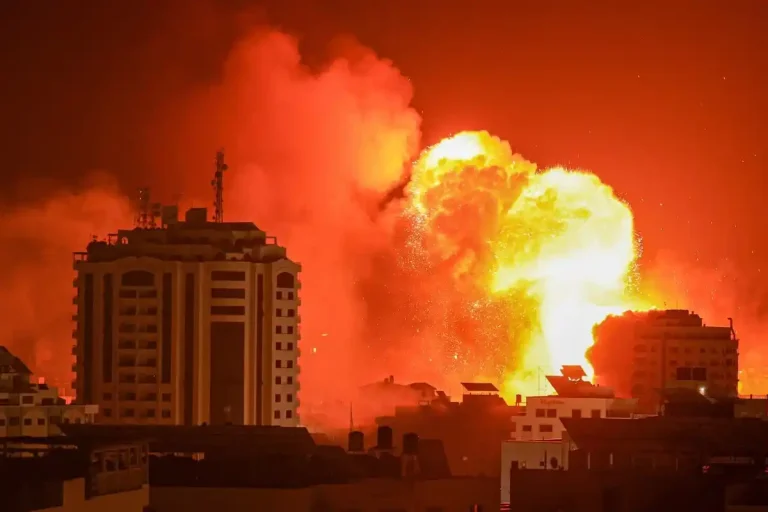An American official, who spoke on condition of anonymity, confirmed that Israel had briefed the U.S. following the conclusion of the operation. The attack involved small amounts of explosives planted within the pagers, which were then detonated remotely. The Israeli military declined to comment on the incident.
The explosions occurred amid rising tensions between Israel and Hezbollah, who have been exchanging fire since the October 7 Hamas attack that ignited the Gaza conflict. Among those injured was Iran’s ambassador to Lebanon. The pagers were reportedly acquired by Hezbollah after their leader had instructed members to stop using cellphones, citing concerns over Israeli intelligence tracking. A Hezbollah official mentioned that the pagers were from a new brand but did not disclose how long they had been in use.
The Taiwanese company Gold Apollo stated that it had licensed its brand to the AR-924 pagers used by Hezbollah, but the devices were manufactured and sold by a company named BAC.
At around 3:30 p.m. local time on Tuesday, as people went about their daily activities, the pagers in their possession began to heat up and explode, causing chaos in public spaces. Bloodshed and panic ensued, as many victims appeared to be Hezbollah members, though it was unclear if civilians also carried any of the pagers.
The blasts occurred primarily in Hezbollah strongholds, including a southern suburb of Beirut, the Beqaa region of eastern Lebanon, and Damascus, according to security officials and a Hezbollah representative. These explosions followed an earlier announcement from Israel’s internal security agency that it had thwarted a Hezbollah attempt to assassinate a former senior Israeli official using a remotely detonated explosive device.
U.S. State Department spokesperson Matthew Miller stated that the United States was unaware of the operation in advance and had no involvement, adding that the U.S. was still gathering information.
Experts suggested that the operation was likely a long-planned one, possibly involving tampering with the supply chain to rig the devices with explosives before they were delivered to Lebanon. The synchronized blasts targeted a large number of individuals, wherever they happened to be.
Footage circulating online showed moments of the explosions, including a man at a grocery store whose pager suddenly detonated, throwing him to the ground. Hospitals were overwhelmed as victims, many with severe injuries to their hands, faces, and abdomens, arrived for treatment. Lebanese Health Minister Firas Abiad confirmed to Al Jazeera that at least nine people were killed, and around 2,750 were wounded, including 200 critically injured.
Most of the deceased were believed to be Hezbollah members, with the group confirming that two of its members, including the son of a Hezbollah Parliament member, were killed. Later, the group announced the deaths of six additional members.
Hezbollah accused Israel of being responsible for the attack, vowing that Israel would “get its just punishment” for the aggression that also affected civilians.
Iranian state media reported that Iran’s ambassador, Mojtaba Amani, was slightly injured by one of the exploding pagers and was receiving medical treatment.
Previously, Hezbollah leader Hassan Nasrallah had urged members to avoid carrying cellphones, warning of Israeli surveillance. Sean Moorhouse, a former British Army officer and explosives expert, noted that the videos suggested the devices were equipped with small explosive charges, likely placed during production, and attributed the operation to Mossad, Israel’s intelligence agency.





